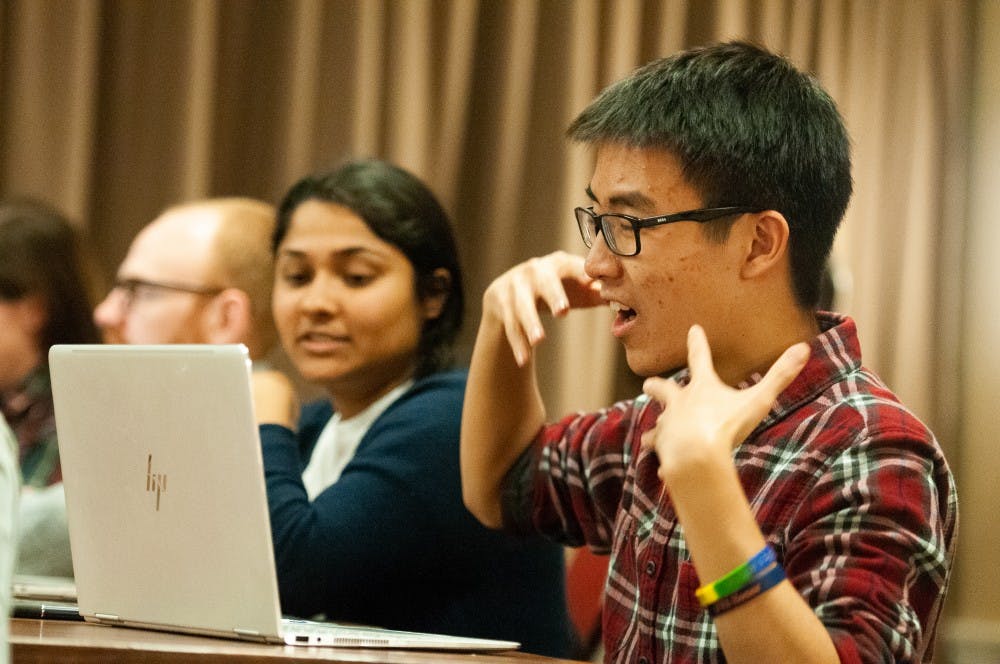The Honor Committee met Sunday evening in its last meeting of the semester, in which committee members discussed the possible implementation of a University-wide poll to elicit student feedback on potential changes to the single sanction policy.
The Honor Committee follows a single sanction policy in which a student convicted of an honor violation is permanently dismissed from the University. If a student is accused of violating the Honor Code by lying, cheating or stealing, the allegation is first subject to a thorough investigation by two Honor Investigators.
If a student is reported to the Committee for a potential Honor violation, they have the option of filing an Informed Retraction. In the IR process, the accused student is permitted to admit to their offense and take a two-semester leave of absence from the University. Additionally, if a student has committed an Honor violation — and they have no reason to believe they are under suspicion for violating the Honor Code — they can file a Conscientious Retraction, in which they admit their action and makes amends in order to remain in the Community of Trust.
After the full investigation, the case goes before an investigative panel of three Committee members, who decide whether to formally accuse the student or drop the case. If a student is accused by the panel, they have seven days to request a trial. Trials result in a guilty or not guilty verdict.
The single sanction policy has faced criticism in recent years from the student body for its perceived harshness. In order to gauge student opinion, the Committee is considering to pose a non-binding poll to the community through the next University Board of Elections election in early spring 2019. A University-wide referendum — with the option to allow for a multiple-sanction system — failed to pass in February of 2016 as it only received 58.88 percent of the required 60 percent of the total vote, as mandated by the Committee’s constitution.
“We are looking at putting the three options we are flushing out to a non-binding poll, hopefully ranked choice,” said Ankita Satpathy, a fourth-year College student and vice chair for hearings. “We are really really pushing to have ranked choice for the non-binding polls just to get a better idea of what kind of multi-sanction system the student body is looking at.”
Batten graduate student Stearns Swetnam, the co-chair of the alternative sanction working group, noted that his group is still in the process of developing these three options. In an email to The Cavalier Daily, Ory Streeter — Honor Committee Chair and a medicine student — said the Committee was not ready to discuss the proposed options at this time as they are still being developed.
In addition to the three potential alternative sanction policies, the poll would include an option to preference the upholding of the single sanction policy.
With a ranked choice poll, responders would rank their preferences for the four options — three alternative sanctions and one single sanction — in order of preference.
If the poll were to receive a simple majority in any of the three alternative sanction options, the Committee would be obligated to respond in some manner to the results. This response could be as simple as a letter or general statement about public opinion concerning the single sanction policy. The Committee would not, however, have to propose a binding version of the amendment to vote on.
“If we put a non-binding question on the ballot and the student body, a simple majority votes in favor of it, within the time frame of one year, the Honor Committee has to enact a response,” said Derrick Wang, a third-year College student and vice chair for community relations.
Honor’s Alternative Sanctioning Working Group would take the results of the poll and flesh out the winning idea into a complete structure for the Committee and the student body to consider.







